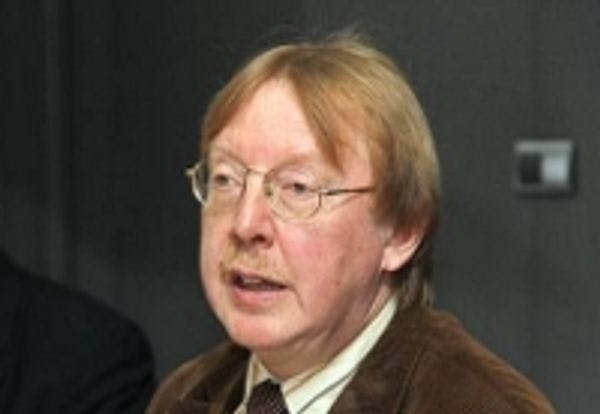El presidente de la JIFE manifiesta su preocupación por el resultado de los referendos sobre el uso no médico del cannabis en los Estados Unidos
El presidente de la Junta Internacional de Fiscalización de Estupefacientes (JIFE), Raymond Yans, ha expresado su preocupación por el resultado de los referendos celebrados recientemente en los Estados Unidos y que permitirían el uso no médico de cannabis por parte de los adultos en Colorado y Washington. Más información, en inglés, está disponible abajo.
Suscríbase a las Alertas mensuales del IDPC para recibir información sobre cuestiones relacionadas con políticas sobre drogas.
The President of the International Narcotics Control Board (INCB), Raymond Yans, has voiced grave concern about the outcome of recent referenda in the United States of America that would allow the non-medical use of cannabis by adults in the states of Colorado and Washington, and in some cities in the states of Michigan and Vermont. Mr. Yans stated that “these developments are in violation of the international drug control treaties, and pose a great threat to public health and the well-being of society far beyond those states”.
Noting that studies have shown that the abuse of cannabis can cause cognitive problems as well as contribute to mental disorders, the INCB President said: “Legalization of cannabis within these states would send wrong and confusing signals to youth and society in general, giving the false impression that drug abuse might be considered normal and even, most disturbingly, safe. Such a development could result in the expansion of drug abuse, especially among young people, and we must remember that all young people have a right to be protected from drug abuse and drug dependency.”
The limiting of the use of cannabis to medical and scientific purposes is laid out in the 1961 Single Convention on Narcotic Drugs, which was agreed to by 185 States, who by consensus decided to place cannabis under control and limit its use to medical purposes. “Since the adoption of this Convention, very potent new forms of cannabis have appeared on the illicit market, and technological advances have been used to increase the content of the most ‘active ingredient’, so to speak, in cannabis, tetrahydrocannabinol (THC). The cannabis on the illicit market today is much more dangerous than that seen in the 60s and 70s,” stressed the President of INCB, which is the quasi-judicial body charged with monitoring the implementation of the international drug control conventions by Governments.
He went on to further state that for the international drug control system to function effectively, to achieve its aim of ensuring availability of drugs for medical purposes while preventing their abuse, the conventions must be universally adhered to and implemented by all States. In this regard, Mr. Yans stressed that national laws, policies and practices in drug abuse prevention and control should be fully aligned with the conventions. He further emphasized that States Parties have an obligation under the Conventions to ensure their full compliance with the conventions within their entire territory, including federated states and/or provinces.
Mr. Yans recognized the commitment of the Government of the United States to resolve the contradiction between the federal and state levels in the implementation of that country’s obligations under the drug control conventions. The INCB President requested the Government of the United States to take the necessary measures to ensure full compliance with the international drug control treaties within the entire territory of the United States, in order to protect the health and well-being of its citizens.
Keep up-to-date with drug policy developments by subscribing to the IDPC Monthly Alert.
Regiones
Perfiles relacionados
- International Narcotics Control Board (INCB)
- Transnational Institute (TNI)
